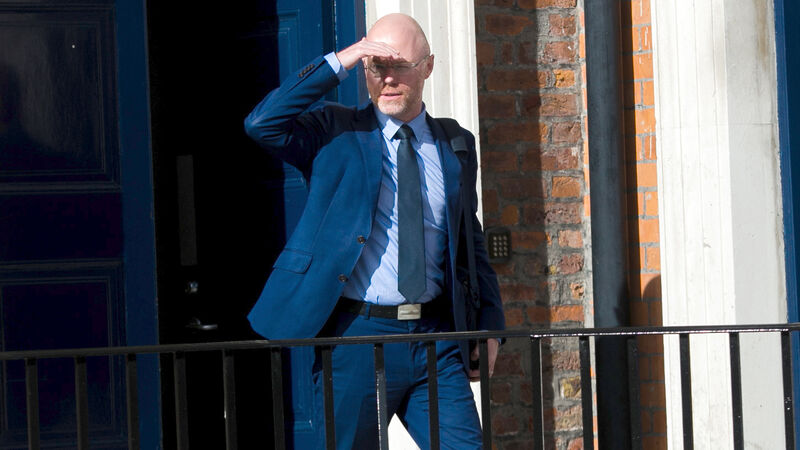Stephen Donnelly: First I knew of Sláintecare frustrations was at resignations

“Neither Tom nor Laura raised their frustrations with me, the first I knew of that frustration was their resignations,” Mr Donnelly said. Photo: Gareth Chaney / Collins Photos
The Minister for Health has said that no issues were raised with him regarding the implementation of Sláintecare prior to the resignation of a number of key officials in recent weeks.
Addressing the Oireachtas Health Committee Stephen Donnelly said that the first he knew of the frustrations of Laura Magahy and Professor Tom Keane was when they resigned.










